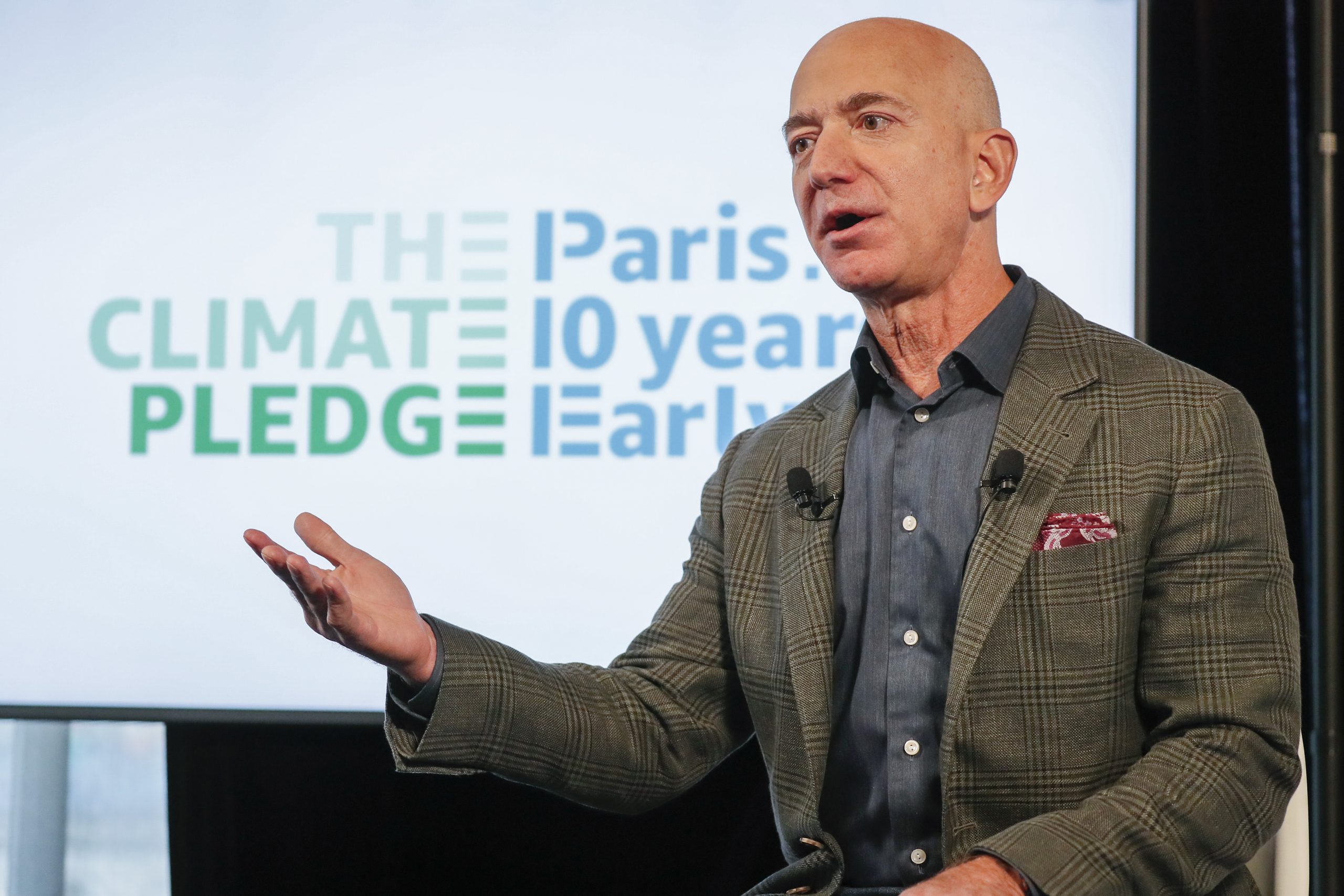So, COP29 came and went, this time in the oil-and-gas-rich Azerbaijan, a nation now keen to reposition itself as a climate leader. The world’s climate elite gathered in Baku, shuttled between conference halls and gala dinners, to tackle the ever-intensifying climate crisis. But let’s be honest—how much closer are we really to solving the problem? How many more COPs will it take before we stop pretending these gatherings are game-changers and start admitting they’re just part of the endless diplomatic hamster wheel?
What Was Actually Achieved?
Let’s start with the headlines. A new $300 billion annual climate finance target by 2035. The operationalization of the Loss and Damage Fund. The standardization of carbon markets. Big numbers, big promises—but haven’t we heard this tune before?
For example, the Loss and Damage Fund, a long-overdue nod to the developing nations most battered by climate chaos, finally got some wheels. Great! Except the fund’s total contributions so far? $730 million. To put that into perspective, Jeff Bezos could fund this out of pocket and still afford a few more space trips. And while the new finance target sounds impressive, it’s worth asking—how many of these billions will remain as vague pledges at future COPs?
Troika, Trillions, and Tedium
Then there’s Azerbaijan’s role in the COP Presidencies’ Troika—an effort to align climate goals across three consecutive conferences. Fancy name, but does it mean anything tangible? We’re told it’s about ensuring continuity, collaboration, and ambition, yet the real challenge is that ambition has always outpaced action in these forums. The idea of “Mission 1.5°C” is lovely, but with every year that emissions rise, it feels more like Mission Impossible.
The promise of standardised carbon markets is another so-called breakthrough. But here’s the thing: markets don’t save the planet. They’re a tool, and a deeply flawed one at that, riddled with loopholes that let polluters trade credits like Monopoly money. Sure, they might “reduce costs” of emissions reduction, but what’s the price tag for planetary collapse?
Climate and Peace: Noble Vision or PR Stunt?
One of COP29’s unique selling points was its ambitious attempt to link climate action with peacebuilding. Azerbaijan, with its own history of conflict, proposed a “Peace and Climate Initiative” and a “Truce Appeal.” Admirable sentiments, but let’s not get carried away. A climate truce might pause a few conflicts for a day or two, but does it address the deeper geopolitical fault lines exacerbated by resource scarcity? Unlikely.
And the symbolic acts? Nice photo ops, but symbolic is the operative word here. True peace requires structural changes that these appeals, noble as they sound, simply can’t deliver. It’s hard to shake the feeling that this was as much about Azerbaijan polishing its image as it was about any meaningful progress.
The Elephant in the Room: Fossil Fuels
Now, let’s talk about the awkward irony of holding a climate summit in Azerbaijan. This is a country that still relies heavily on fossil fuels for its economy. While they championed green finance and adaptation plans at COP29, Azerbaijan’s oil fields continue to pump out emissions like it’s business as usual. It’s like hosting a vegan festival at a steakhouse—bold, but not exactly convincing.
COP29 may go down as a “historic” summit in the official press releases, but let’s not kid ourselves. The climate crisis is accelerating, and these incremental steps don’t feel like they’re keeping pace. Yes, Azerbaijan deserves credit for pulling off the logistics of the event in record time. But logistical success isn’t the same as climate progress.
Are we really moving the needle, or are we just putting off the hard decisions to future generations? How many more conferences will it take before we stop congratulating ourselves for talking and start focusing on doing? COP30 is already on the horizon, with Brazil at the helm. Maybe the Amazon backdrop will inject some urgency—or maybe it’ll just give us more good Instagram posts.
One thing’s for sure: if we don’t start matching promises with action, we’ll be holding COP50 in a world none of us recognise.






